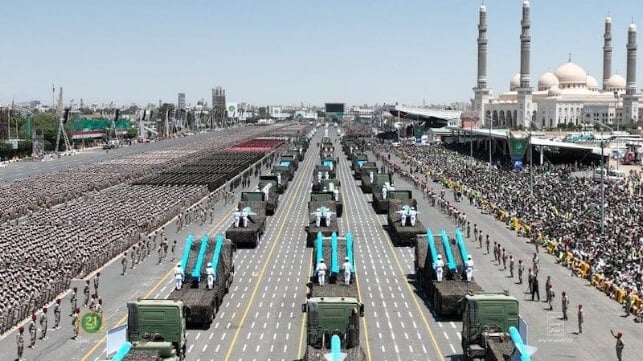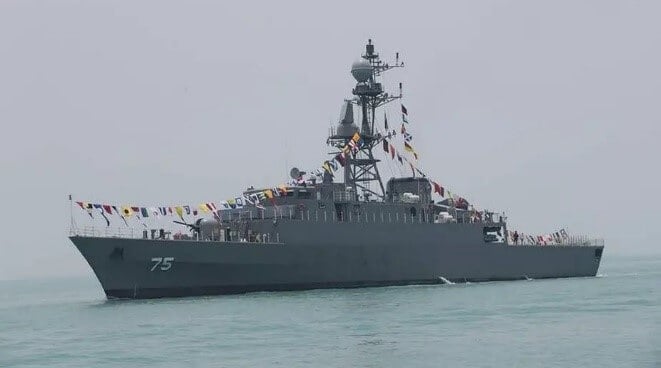The Pager Attack: Will There Be an Impact on Trade in the Mideast?

There is no forensic proof that ties Israel definitively to the attack on Hezbollah members (and the Iranian ambassador) in Lebanon on September 17. But from a risk analysis perspective, it should be a working assumption that Israel was responsible.
It appears that Israel has a track record of delivering similar such ‘supply chain’ attacks. In August 2023, after a series of unexplained explosions in ballistic missiles, Iranian authorities discovered that electrical connector devices procured from Russia had been swapped out for identical-looking devices within which a small explosive charge on a long-delay fuse had been concealed. Besides damage caused by missiles already deployed in silos, the whole missile fleet had to be taken offline while each missile was cleared of intruder devices.
The assassination of Ismail Haniyah in Tehran on July 31, 2024 is believed to have been carried out with a different intruder device: a bomb smuggled into the target’s bedroom, based on the prediction that Haniyah would at some unknown time in the future be billeted in the room.
The devastating and deeply humiliating character of the pager attacks poses a major headache for Hezbollah. Its retaliation and response needs to be of a similar scale and effect. Thus the customary response of firing drones and missiles into northern Israel - which are more a nuisance than damaging - would be considered inadequate. A massive increase in the scale of such attacks might suffice, but risks drawing the United States into the conflict as Israel’s backstop defender.
Any Israeli counter-strikes into Lebanon would also upset the modus vivendi between the Lebanese state and Hezbollah, whose presence is tolerated only on the general understanding that it does not compromise the Lebanese state. Israel is likely to know if Hezbollah has a trump card or a doomsday response already prepared; but if it does have such knowledge, and Hezbollah has a plan for such a contingency, then this did not inhibit the initiation of the pager attack. A home-grown Hezbollah response is likely therefore to be a long-term aspiration.
In these circumstances, Hezbollah might normally look to its sponsor - Iran - for help. Indeed, the pager attacks threaten the credibility and value of Iran’s long-term commitment to Hezbollah, Iran’s most successful Axis of Resistance investment. An Iranian desire to exact revenge will be high. But despite promises to do so, Iran has not yet attempted to retaliate for the assassination of Ismail Haniyah.
Indeed, Iran appears nervous and defensive at present. Statements from air defense, air force and navy commanders in recent weeks have all focused on Iran’s ability to defend itself, as opposed to the Iranian ability to mount attacks. Both Iran’s regular and IRGC navies until last week had not released details of any ship movements from many months; in the first such announcement last week, it became apparent that the 98th Flotilla rotation in the Red Sea had been extended, and that one of the ships of the 99th Flotilla deploying to replace it was a turn-around which had also formed part of the 98th Flotilla - all indicative of a fleet under pressure.
Moreover, the Houthi agreement to allow the salvage of the crude oil tanker MV Sounion in the Red Sea is likely a consequence of pressure from Iran, suggesting that back-channel communications with Iran, via Oman and elsewhere, are having some effect in calming Iranian belligerency.


that matters most
Get the latest maritime news delivered to your inbox daily.
Flotilla 99, with IRINS Dena (F75) and tanker/store ship IRINS Bushehr (K422), deployed to the Red Sea on 1 September 2024
On balance, it is difficult to see where the Axis of Resistance will strike back after the pager attacks. The one member of the alliance which remains undaunted however appears to be the Houthis, whose maritime attacks have been successful both politically and militarily. Being both headstrong and tactically innovative, the chances are high that the initial response will come from the Houthis - probably in the form of further attacks and kidnapping attempts at sea.
The opinions expressed herein are the author's and not necessarily those of The Maritime Executive.
